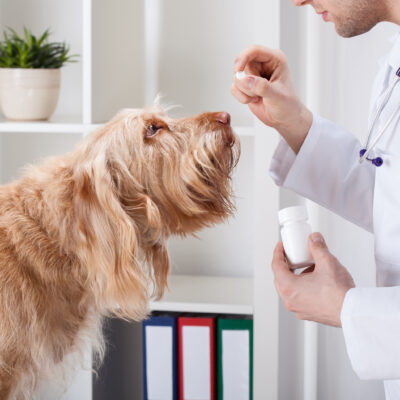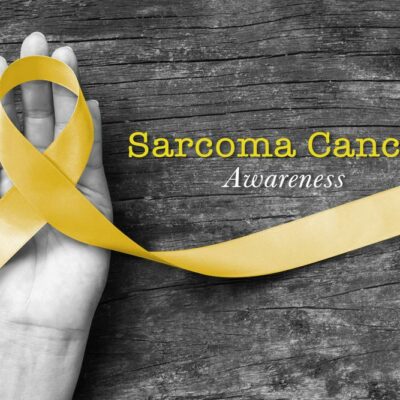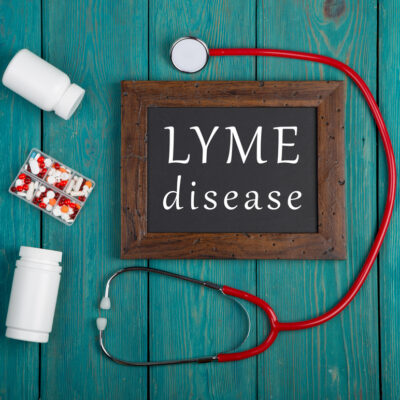
General Health
Causes and aggravating factors of depression
Despite its common occurrence, most people do not understand what causes depression. Understanding the causes is, after all, the first step toward the solution. Depression is a complex disease with several causative and exacerbating factors. This complexity often makes treatment difficult and prolonged. Here is a list of common trigger factors that could lie behind the onset of depression. Major setbacks – Temporary depression is often a natural consequence to major episodes of loss, such as the death of a loved one, a relationship breakdown, and experiencing a loss or sudden setback in career, business, or in important life goals. Events like these do not always lead to depression. Nevertheless, the sufferer should seek help to cope with his or her situation. Illness or hormonal imbalances – Chronic, debilitating illnesses tend to significantly impair the quality of life of the patient, leading to a sense of dejection, hopelessness, and anxiety about the future. Pain, discomfort, and loss of enjoyment naturally results in depression. Hormonal imbalances can also cause depressive symptoms; a classic example is hypothyroidism which, among other things, inhibits mood. When depressive symptoms present themselves, it is always a good idea to talk to your doctor about assessing your basic health indicators Recent childbirth – 1 to 2 out of 10 new mothers experience intense episodes of the “baby blues.” Expecting to be overjoyed with the new baby, but paradoxically experiencing intense sadness and dread can no doubt be extremely distressing for the mother and her family.
Read More 















